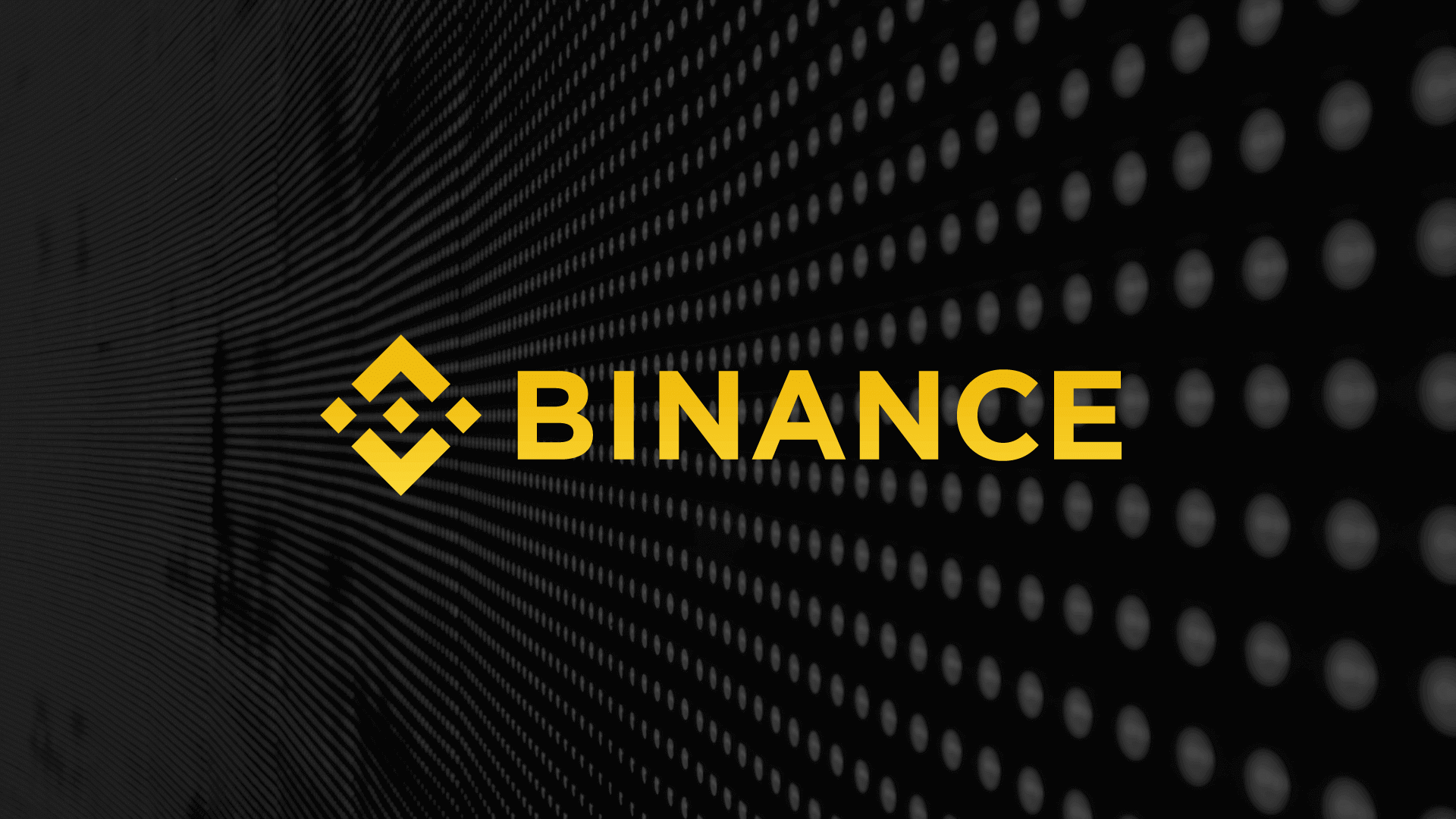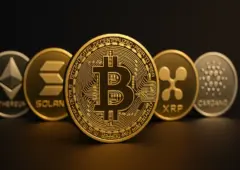Binance Enters Syrian Market as Sanctions Ease
12.06.2025 22:00 1 min. read Alexander Stefanov
Crypto giant Binance has expanded its footprint into Syria, taking swift action after recent U.S. and EU policy shifts cleared the path for engagement.
The exchange now offers full trading access to Syrian users, including spot, futures, and peer-to-peer markets, alongside its Binance Pay remittance service.
The move comes shortly after U.S. Secretary of State Marco Rubio lifted economic sanctions on May 23, followed by the European Union’s decision to drop all remaining restrictions.
With Syria no longer flagged as a restricted region under Binance’s compliance framework, users can now access the platform—provided they complete identity verification via Know Your Customer (KYC) checks.
Syrian traders gain entry to over 300 tokens, including Bitcoin, XRP, Dogecoin, SHIB, Toncoin, and Bitcoin Cash. Binance is also rolling out Arabic-language educational content to help new users understand crypto tools and risks.
This re-entry marks a milestone for the war-torn country, where financial infrastructure has long been strained. With millions of Syrians still abroad and remittances playing a crucial economic role, Binance’s presence could offer a new lifeline for cross-border payments and digital financial access.
-
1
At Least Five Law Firms Target Former Strategy Over Misleading BTC Risk Disclosures
28.06.2025 10:30 2 min. read -
2
Binance Could Introduce Golden Visa Option for BNB Investors Inspired by TON
07.07.2025 8:00 1 min. read -
3
Weekly Recap: Key Shifts and Milestones Across the Crypto Ecosystem
06.07.2025 17:00 4 min. read -
4
U.S. Dollar Comes Onchain as GENIUS Act Ushers in Digital Era
20.07.2025 17:56 1 min. read -
5
Trump Imposes 50% Tariff on Brazil: Political Tensions and Censorship at the Center
10.07.2025 7:00 2 min. read
FTX Sets Next Data for Creditor Distribution
FTX Trading Ltd. and the FTX Recovery Trust have announced August 15, 2025 as the official record date for their next round of distributions.
Tesla Q2 Earnings Surge on Bitcoin Rally and AI Growth
Tesla stunned investors in Q2 2025 with a $1.2 billion profit, nearly tripling its previous quarter’s net income.
Jack Dorsey’s Block Joins S&P 500, Surges 10%
Block Inc. (NYSE: SQ) officially joined the S&P 500 on July 23, replacing Hess following its $54 billion acquisition by Chevron.
CoinShares Becomes First MiCA-Authorized Crypto Asset Manager in Europe
CoinShares, Europe’s top digital asset investment firm with over $9 billion in AUM, has secured full authorisation under the EU’s new Markets in Crypto-Assets (MiCA) regulation.
-
1
At Least Five Law Firms Target Former Strategy Over Misleading BTC Risk Disclosures
28.06.2025 10:30 2 min. read -
2
Binance Could Introduce Golden Visa Option for BNB Investors Inspired by TON
07.07.2025 8:00 1 min. read -
3
Weekly Recap: Key Shifts and Milestones Across the Crypto Ecosystem
06.07.2025 17:00 4 min. read -
4
U.S. Dollar Comes Onchain as GENIUS Act Ushers in Digital Era
20.07.2025 17:56 1 min. read -
5
Trump Imposes 50% Tariff on Brazil: Political Tensions and Censorship at the Center
10.07.2025 7:00 2 min. read


